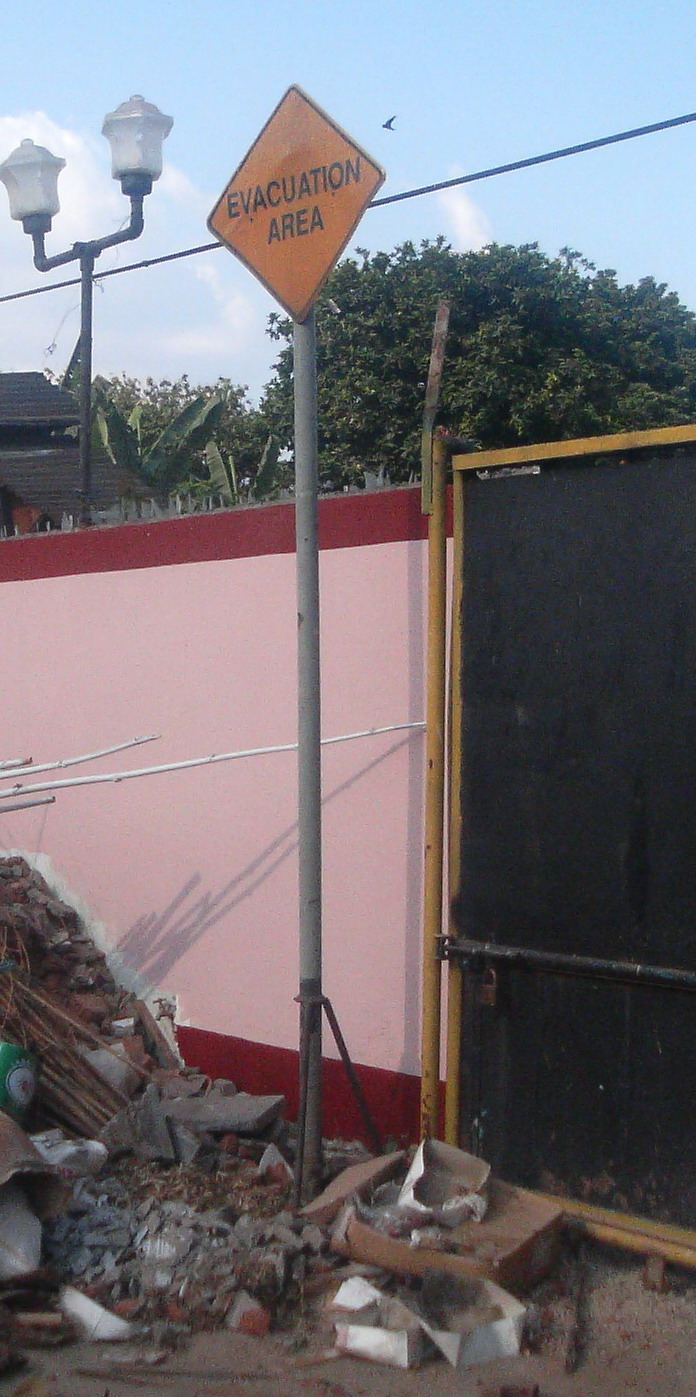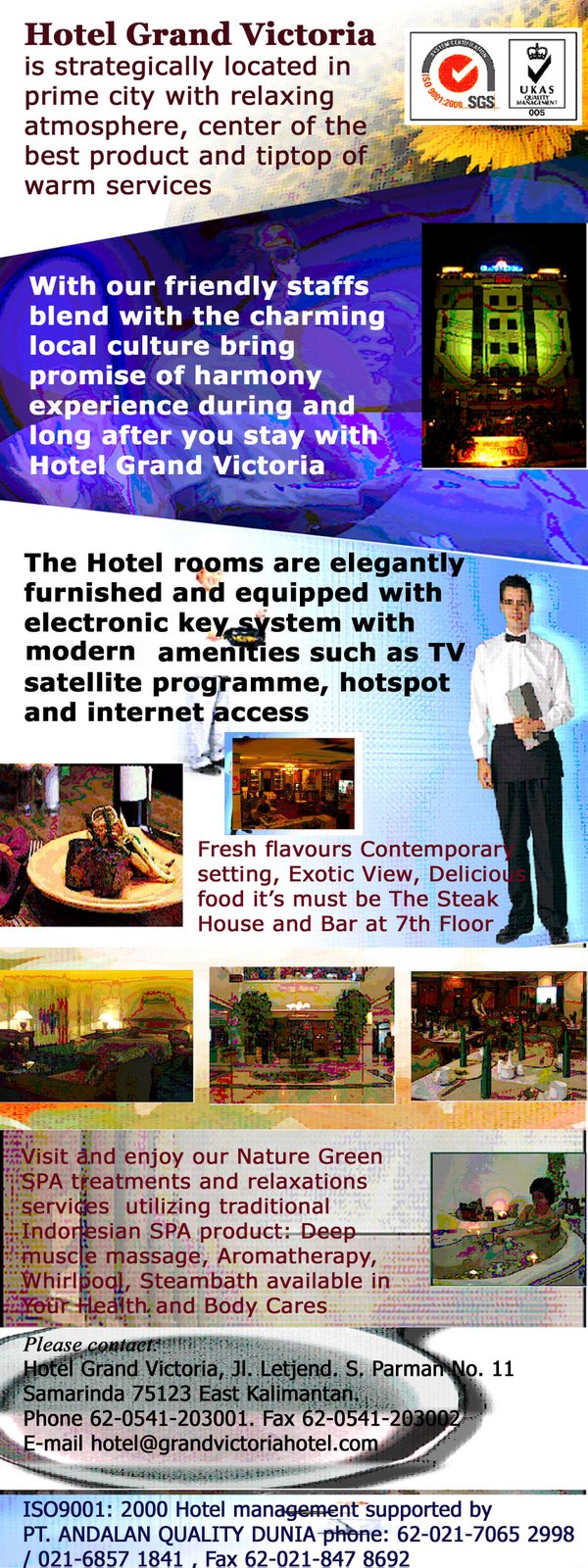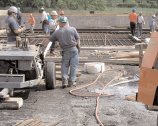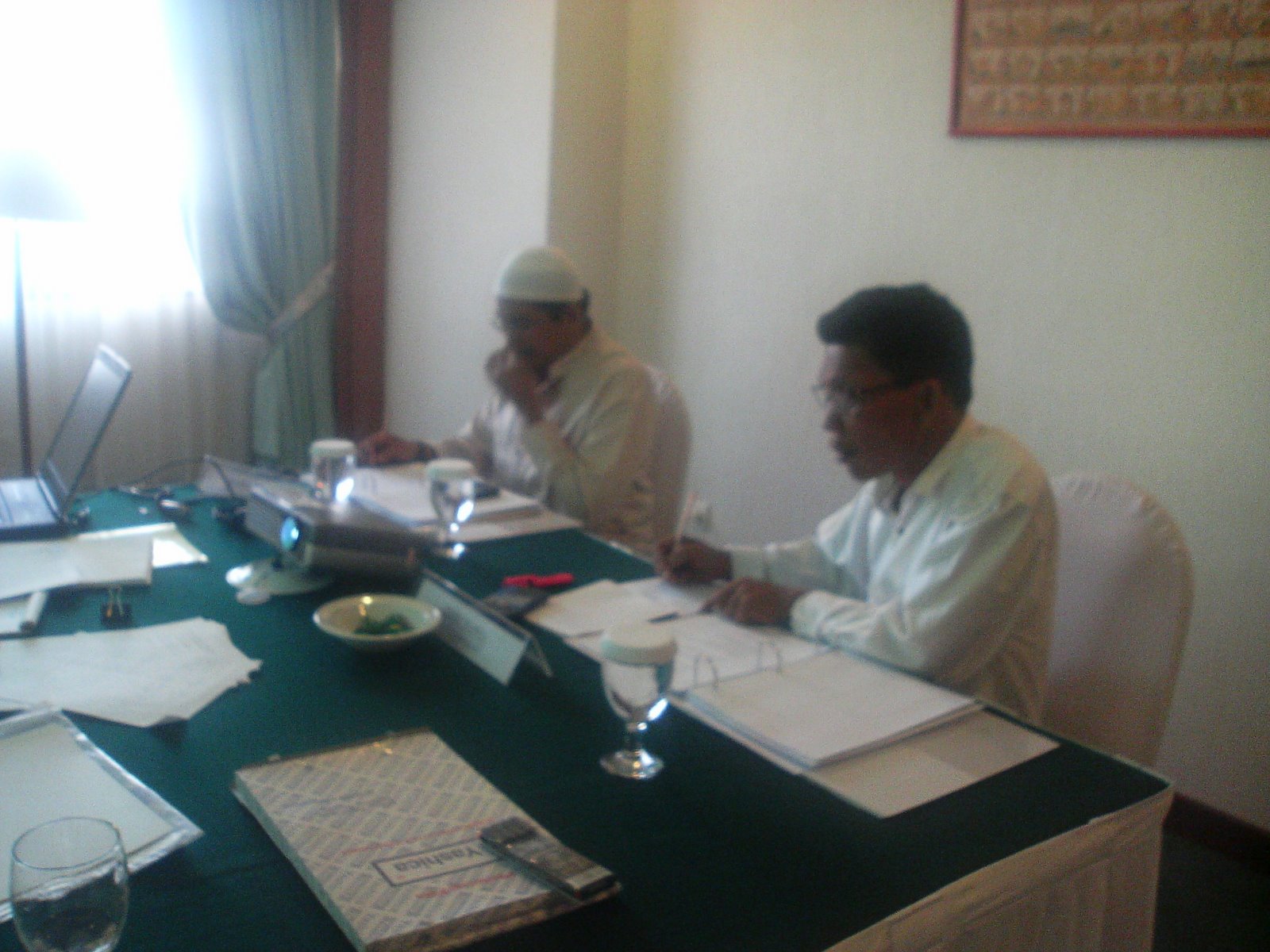
Sustainability
is becoming an increasingly important issue for the
property industry, and a raft of policies and legislation is now emerging,
designed to enhance the environmental performance of the sector.
Over the last decade, we have witnessed a small but increasing level of
demand for environmentally efficient commercial property among certain
occupiers (typically large corporates), who have used their
accommodation preferences to demonstrate a commitment to the notion
of corporate social responsibility. We believe that occupiers of all sizes and
in all sectors will now need to consider these issues with regards to the
property they occupy.
Sustainability and corporate
social responsibility
The occupation of property that is sensitive to the concept of sustainable
development provides an ideal and tangible vehicle through which a
company can exhibit its support of corporate social responsibility (CSR).
Even without the legislative sticks, the notion of CSR is gaining
increasing prominence, and its implementation is becoming mainstream
among global corporates. Sustainability statements are also becoming
widespread. Indeed, in a recent survey of large companies conducted by
the Council for Offices, 67% respondents stated that sustainability
would be ‘very important’ in the future conduct of their organisation.
Sustainable
But what exactly is a sustainable ? Only relatively recently have
property professionals begun to translate the rather nebulous concept of
sustainable development into the practical implications for the design
and occupation of commercial . The term ‘green ’
should not necessarily be confused with sustainable , which
demands a balanced and holistic approach that embraces economic,
social and environmental issues at once. In the following table we list
five key criteria that should be considered together when evaluating how
sustainable is.





























































